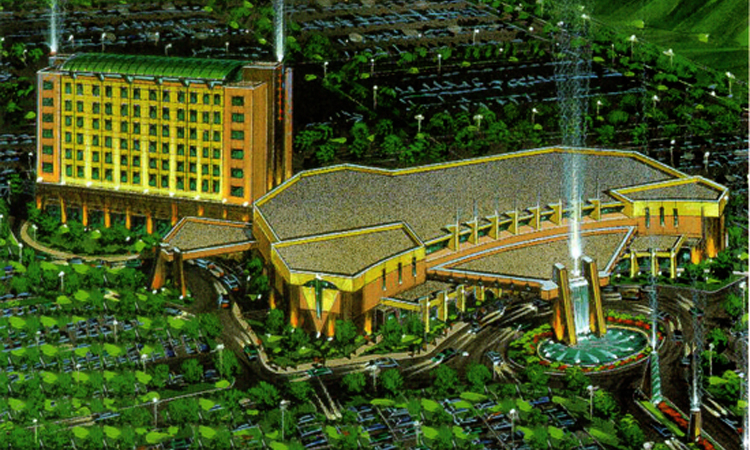The federal government, along with attorneys for Enterprise Rancheria, is requesting a judge to reject the attempts of the Colusa Casino to overturn a decision that allows Enterprise to open a casino in Yuba County, California.
U.S. District Judge Troy Nunley in Sacramento has been asked by the Cachil Dehe Band of Wintun Indian’s to reconsider his earlier ruling, which upheld a December 2012 decision by the Bureau of Indian Affairs (BIA) to place 40 acres into trust for the Enterprise Rancheria of Maidu Indians for the purpose of building a gaming resort. A December 10 hearing is scheduled.
In August of 2012 the tribe signed a Class III compact with the state but it was not approved by lawmakers as rival tribes opposed the land transfer and sued the BIA.
In a motion filed last week, Matthew Adams, attorney for Enterprise said that Colusa has failed to present anything that would justify a reconsideration, or new evidence that the ruling was made in error. He contends that Colusa is just re-arguing the same “unsuccessful motion for summary judgment,” which has prevented, for 14 years, Enterprise’s effort to “re-establish a viable land base and move toward greater self-sufficiency,” according to the Appeal-Democrat. It was the Colusa tribe’s contention that the government in its earlier decision failed to consider the economic effects a casino in Yuba County would have on the Colusa’s Northern California casino operations.
However, in government lawyer Peter Kryn Dykema’s filing, he noted that the project decrease in revenue for Colusa was 7.5 percent. Meaning that the claim by Colusa that it would suffer irreparable harm is “thus grossly overblown and provides no basis for the court’s reconsidering its decisions,” according to what Dykema wrote in the filing. Attorneys for Colusa also said that the government did not consider Enterprise’s 63 acres it owns near Oroville as an alternative to the site on Forty Mile Road in Yuba County.
The Enterprise Rancheria of Maidu Indians cancelled its original plan for a Class III gaming resort when the project failed to be approved by lawmakers due to rival tribes opposing the land transfer and suing the BIA. On June 15, 2015 the tribe announced new plans for a downsized Class II casino. A state gaming compact and local agreement are not necessary for Class II gaming.
In June the tribe announced that within two months is would begin construction of a much smaller, 105,750 square-foot, off-reservation Class II gaming facility, but due to litigation the project remains in limbo.


